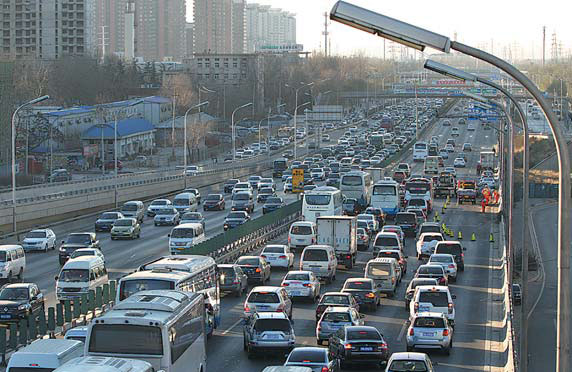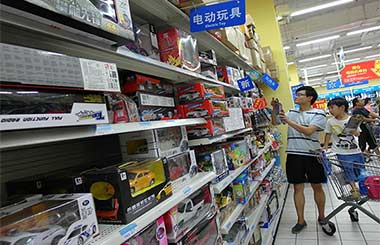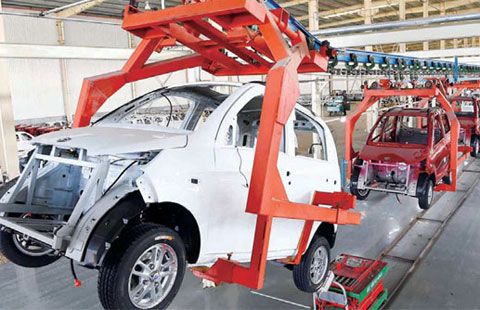Ride-sharing a possible solution to traffic woe
Updated: 2016-03-09 06:39
By Ma Chi(chinadaily.com.cn)
|
|||||||||
 |
|
The Fourth Ring Road in Beijing in a morning rush hour. [Zhuo Ensen/For China Daily] |
To ease the jams, the city was forced to adopt odd-even registration plate number restrictions on cars, which means only half the vehicles are allowed to run on roads, on special occasions such as the Olympic Games and APEC Summit.
A strict license plate lottery system was also introduced to curb growing car ownership. Under the system, in which applicants register and wait for their number to be called, the odds for winning are as low as 0.5 percent.
Burgeoning business
Beijing has some 60,000 taxis and more than 4 million private cars. During rush hours, many cars run with only one or two passengers, which is a huge waste. According to calculations, if 10 percent of the city's private cars participate in car-sharing, the roads would be much less crowded with 400,000 fewer cars.
"This city has little capacity to accommodate more private vehicles, which means a great deal of car-pooling services are needed," said Liu Qing, president of Didi Chuxing.
According to a report issued by Forward Business and Intelligence Co., there were more than 300 million registered users and more than 10 million registered drivers on car-hailing platforms including Didi Chuxing and Uber by the end of 2015.
The car-sharing services of Didi have reached more than 300 cities. More than 2 million bookings were recorded through its car-sharing app in a single day.
Problems
Despite their burgeoning business and increasing popularity, ride-sharing companies in China including Didi Chuxing and Uber have not won legitimacy.
Both were summoned by local governments several times in 2015 and told to obey Chinese laws. Law enforcement officials visited Uber's offices in several cities to investigate alleged illegal operations.
Local authorities in many cities tightened their checks on car-hailing services and drivers of private cars faced fines of up to 10,000 yuan ($1,535) for illegal operation around the Spring Festival.
Related Stories
Didi Kuaidi dives into car-pooling market 2015-06-02 08:22
Car-hailing app market revs up 2015-12-18 10:16
Didi continues to lead China's private car hailing market in Q3 2015-11-25 10:13
Many thousands submit views on China's car-hailing services 2015-11-16 08:17
Today's Top News
China scholar praises pragmatic govt work report
China hits back at US over restrictions on ZTE
Longer visas for foreign experts eyed to ease entry
Female condom made in China wins WHO approval
Longer visas for foreign experts eyed to ease entry
Lavrov, Kerry hail progress in Syrian ceasefire
PM Fico's Smer party leads Slovak election: exit poll
Britain to take lead in promoting EU-China trade talks
Hot Topics
Lunar probe , China growth forecasts, Emission rules get tougher, China seen through 'colored lens', International board,
Editor's Picks

|

|

|

|

|

|






